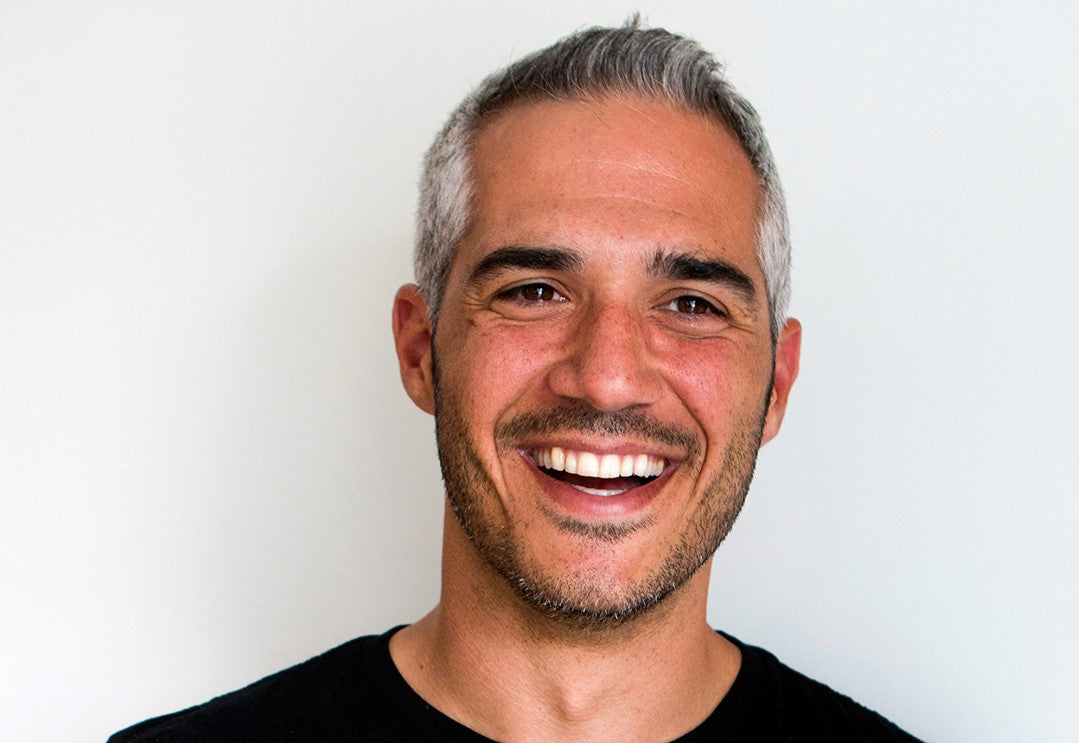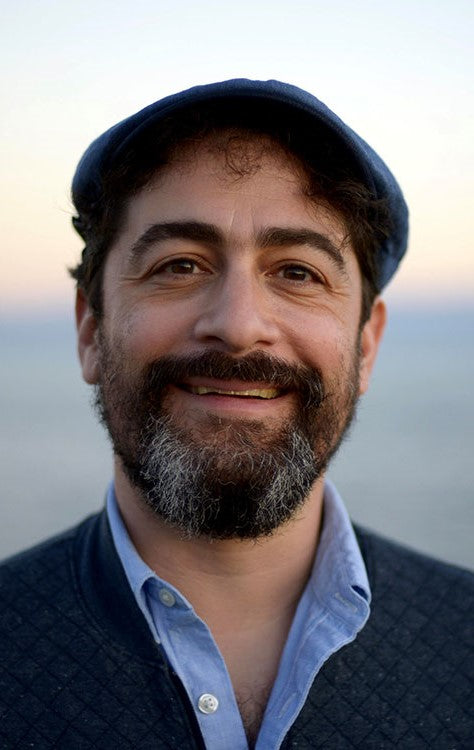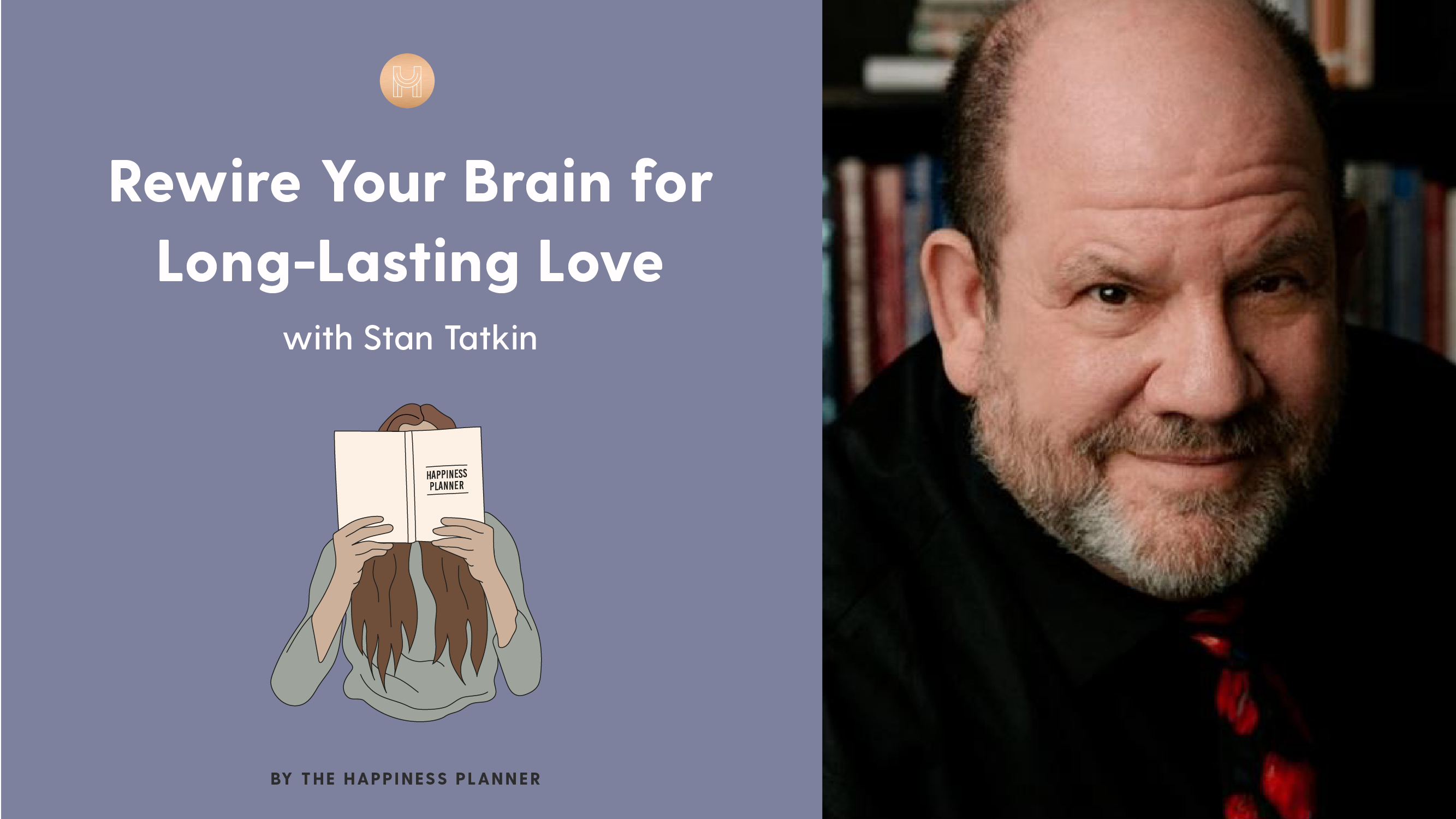An Interview with Najwa Zebian | How She Healed & Found A Home Within Herself Through Journaling

In this episode, we interview Najwa Zebian, a Lebanese-Canadian author, poet, activist and educator whose words have touched millions online.
Najwa’s search for a home was central to her early years as she struggled to find her place in the world. She became a teacher and a doctoral candidate in educational leadership. As Najwa began to write in an effort to connect with and heal her first students, a group of young refugees, she found that she was also writing to heal herself. After self-publishing her first collection of poetry and prose in 2016, she went on to sell over 250,000 copies of her three books. She recently launched a digital school, Soul Academy, and a podcast, Stories of the Soul. Her fourth book, Welcome Home: A Guide for Building a Home for Your Soul will be released in June 2021. Her work has been featured in the New York Times, Glamour, Elle Canada, HuffPost, and more. Her TEDx talk “Finding Home Through Poetry” has been viewed over more than 100,000 times.
The Happiness Planner: Why did you start writing, and how did it evolve to where you are now?
Najwa: I started writing at 13 as an attempt to be there for myself. As a 13-year old, I didn’t know that’s what I was doing. It was by accident that I started journaling when my friend, Mariam, gifted me a journal. I remember feeling so relieved after writing in it the first time. All of a sudden, when I was expressing myself, there was no one telling me, “you shouldn’t feel this way” or “you’re too sensitive.” In retrospect, my journal became my home. It was the home I had been looking for my whole life up to that point. I’d been feeling so out of place.
Writing saved my life, literally. I stopped writing at 16 when I moved from Lebanon to Canada to stay with my family. It was a visit turned into a permanent stay because of the war that broke out that summer in Lebanon. Feeling like I was forced to stay here when I was already feeling so out of place made me feel like the pain I was experiencing had no end, no solution. So I stopped writing because writing meant feeling, and feeling meant being reminded that there was nothing I could do to take that pain away. I stopped writing, stopped feeling, for seven years.
I came back to writing when I started teaching and was assigned a group of eight newcomers who had a look in their eyes that was identical to how I felt as a sixteen-year-old. I started writing to lift them up, to say, “you do belong here!”. Little did I know that by helping them see that they belong, I was healing my sixteen-year-old self whose life turned to black and white when she stopped writing.
Those writings were the first published work I put out into the world in my first book, Mind Platter. And the rest is history. Now, with my fourth book Welcome Home, I am able to share that journey step by step with the world.
The Happiness Planner: Tell us about your emotional and mental journey from your experiences of displacement and abuse to where you are now. How did you go from the initial uncertainty about speaking out to feeling so comfortable in authentically expressing your experience?
Najwa: If our lives aren’t lived authentically, then are we really living? That’s the mindset shift I went through that empowered me to speak up and let the story of who I am and how I got here truly shine in the world. When we hide parts of who we are out of fear of what the world will think of us, we don’t truly feel home. And that’s what I did for most of my life. I neglected the mere thought that I could be my own home and spent my life building homes in other people begging to be loved and welcomed. I didn’t see my value, so I allowed others to dictate what that was for me based on how they needed or wanted me to be. The life-changing moment of realizing the need to build a home for myself within me began with writing. It began with the raw words falling from my soul onto paper.

“I remember feeling so relieved after writing in it the first time. All of a sudden, when I was expressing myself, there was no one telling me, 'you shouldn’t feel this way' or 'you’re too sensitive.' In retrospect, my journal became my home.”

The Happiness Planner: What was the biggest shift that happened for you after you spoke out?
Najwa: All of a sudden, I was okay with not being liked by everyone, with not fitting the image of the woman I thought I needed to be to be accepted by everyone. I was suddenly aware that to know what I stood for meant that I wasn’t on everyone’s good side. And that was okay with me. The beauty of that was how home I felt with a lot less people in my life and a lot more alone time than I’d ever had.
The Happiness Planner: What do you do in your day-to-day to stay connected to your authenticity?
Najwa: I reflect in different forms daily. Processing emotions and thoughts takes up the majority of my day. Sometimes I journal. Other times, I speak to a close friend about my innermost thoughts. I would say that the most powerful way for me to stay connected to my authenticity is to spend time alone with my thoughts and emotions. I am very aware when I distract myself and quickly put an end to it by reminding myself to be present. My authenticity sensors (for lack of a better way to say it) are quite sensitive. I quickly catch myself in moments where I pretend to be someone I’m not in any way. I stop myself before I proceed.
The Happiness Planner: What role has journaling had in your personal journey?
Najwa: Journaling saved my life. What I mean by that is, instead of living a life of constantly pretending to be someone I’m not to fit the mold that society told me would make me okay, I chose to live mylife in a way that reflected my authentic core. Journaling helped me map out my pain and understand it. It helped me understand what shaped me to be who I am today. It helped me give myself permission to question the life I’d been living and start writing the life I want to live.
The Happiness Planner: Evidently, many people can relate to your feelings and experiences of abuse, pain, displacement, and discrimination. What advice do you have for those who are where you were a few years ago?
Najwa: It sounds cliché, but I will begin with it because it’s important: you are not alone. I was in that dark place, and I can attest to that. I continue to receive thousands of messages from people who are in that place too.
The only way for the pain to go away is for you to take ownership of your healing the same way you did of your pain. You are the leader of your life. Remember that. Don’t let your power go by feeling so helpless in your own life. What’s the worst that could happen if you were to actually expose what you’re going through to those around you? That they don’t believe you? As hurtful as that is, does it erase the truth? No. What happens when you hide your truth is that shame begins to rule you. The story that shame is telling you is that something is wrong with you. and it’s sad that you’d rather live a life believing that than live a life working to be who you are unapologetically. Begin debunking the myths that you’ve come to believe about yourself. Be open to the possibility that they are myths, not truths. And begin to believe yourself before you believe others when it comes to matters of who you are and what life you want to live. Be honest with yourself about what you’re actually okay with and not okay with. And give yourself permission to think differently from the way you’ve always thought. That’s what I did in Welcome Home.

The Happiness Planner: What advice do you have for those who want to be more authentic in their day-to-day but are still fearful or doubtful?
Najwa: What are you fearful of? What are you doubtful of? If you are afraid that your authentic self won’t be loved, ask yourself this: if the love that you are receiving from others is not for your authentic self, do you genuinely feel that love? Or do you feel like you are molding into an image that others see as worthy of love so that you could be given love?
If you are doubtful of who you are, begin the journey toward understanding yourself. In the Clarity room in Welcome Home, I walk you through that step-by-step. After understanding who you are, you must embrace who you are. So much liberty and authentic living will come with that. And remember, if you try something new and don’t like it or fail, you’re human. You’re learning. Don’t make that mean anything about you.
Najwa’s info:
Website: https://najwazebian.com
IG: @najwazebian
Facebook: https://www.facebook.com/najwazebian1
Twitter: https://twitter.com/najwazebian
YouTube: https://www.youtube.com/najwazebian
TikTok: https://www.tiktok.com/@najwazebian?
Najwa’s Books:
Welcome Home (release date: June 1st 2021)

Download Happiness Planner mobile app to start journaling today

Journal on Happiness Planner's web app





Comments